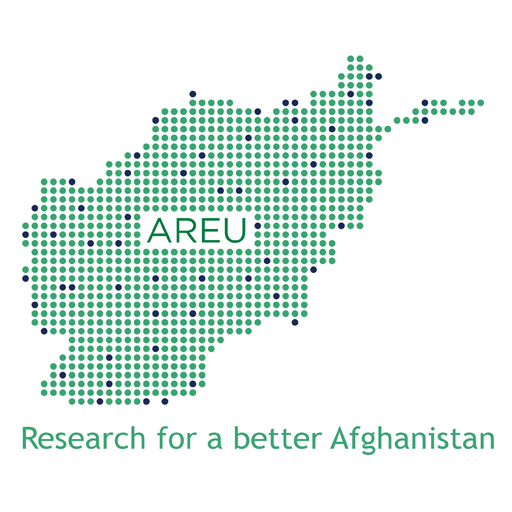
22 Nov Women and Elections I: Agency and Capacity in Balkh
Posted at 10:56h
in Blogs
Over the next few weeks, AREU will be running a series of blogs examining some of the issues emerging from its research on women’s participation in parliamentary and provincial council elections. Each offering a snapshot of a different candidate or community, these case studies will form part of a paper to be released at the end of this year.
In a remote, poor community in Balkh’s largely Turkmen Shortepa District, women’s participation in electoral processes represented an unusual collision of low voter capacity with a high sense of agency.
For women here, education is by and large simply not an option. Locally, the lack of female teachers prevents families from sending their daughters after 4th grade for fear they might be “spoiled†by the process. The nearest girls’ schools are prohibitively far away since transport is limited and walking long distances is generally frowned upon. In an area where many boys leave school early to help with household work, providing women with the opportunity to learn is simply not a priority for male community leaders. As a local mullah explained, it was women’s “right†to stay at home and be provided for by their husbands.
However, despite – and perhaps because of – these barriers, participating in elections has been a deeply significant experience for female respondents here. Almost universally, women saw voting as vital in selecting a locally-known representative who could provide resources for their politically marginalized community. Citing the training they had received from the IEC as well as public outreach via televised dramas, female respondents were keenly aware of the value of their votes. In this context, not showing up on polling day was seen as deeply shameful – as one woman put it, “Those people who did not vote…they should go to hell.â€
Being able to vote also offered women a rare opportunity to at least feel as though they were having a say in determining the affairs of their community. Often deeply frustrated at being shut out from male-dominate decision-making processes, some respondents felt as though their experiences at the ballot-box represented a different way of doing things: “when I participated on election day, I wished that there could be other occasions where men and women are the same. During voting day, both men and women vote – they have the same rights, but on other occasions, women are always under the authority of men.â€
For female respondents, being able to vote and pick the right candidate was also a validating demonstration that being illiterate did not always equate to being powerless. Indeed, one group of women under the leadership of the women’s CDC shura head was able to convince IEC officers in Hairatan that local, illiterate women were capable of running women’s polling stations in the area. Among those involved, this led to a tangible sense that, even without the ability to read, working outside the house and earning a salary could be “easy.â€
Driven in part by these factors, polling day itself was by all accounts a wildly popular occasion among women, and one that allowed them – albeit gently – to challenge prevailing community norms. Likened by several respondents to a wedding party, voting seemed to be something that women took part in as a group, rather than in the tow of their husbands. There were also several second-hand reports of women taking part without or in defiance of their husband’s permission. It may be that if local men saw voting as a non-threatening, collective experience for women, they may have been persuaded, however grudgingly, to allow women a degree of freedom and agency normally denied them.
None of this is to say that women were participating on an equal footing with their male counterparts. With no local female candidates (as one male respondent explained, “if [women] aren’t educated, how can they nominate themselves for election?â€) and social norms preventing them from participating them in male candidates’ campaign meetings, there was little way for women to make an informed choice about who to vote for. While a few female candidates did pass through the community broadcasting their message with car-mounted loudhailers, none of them appears to have stopped to talk. And despite their sense of achievement on polling day, respondents remained frustrated by negative impact of being uneducated on both their political participation and their daily lives. However, the unprecedented break from the normal state of things that elections represented for women in Shortepa may suggest that deeper change, while probably a long way off, is possible.

